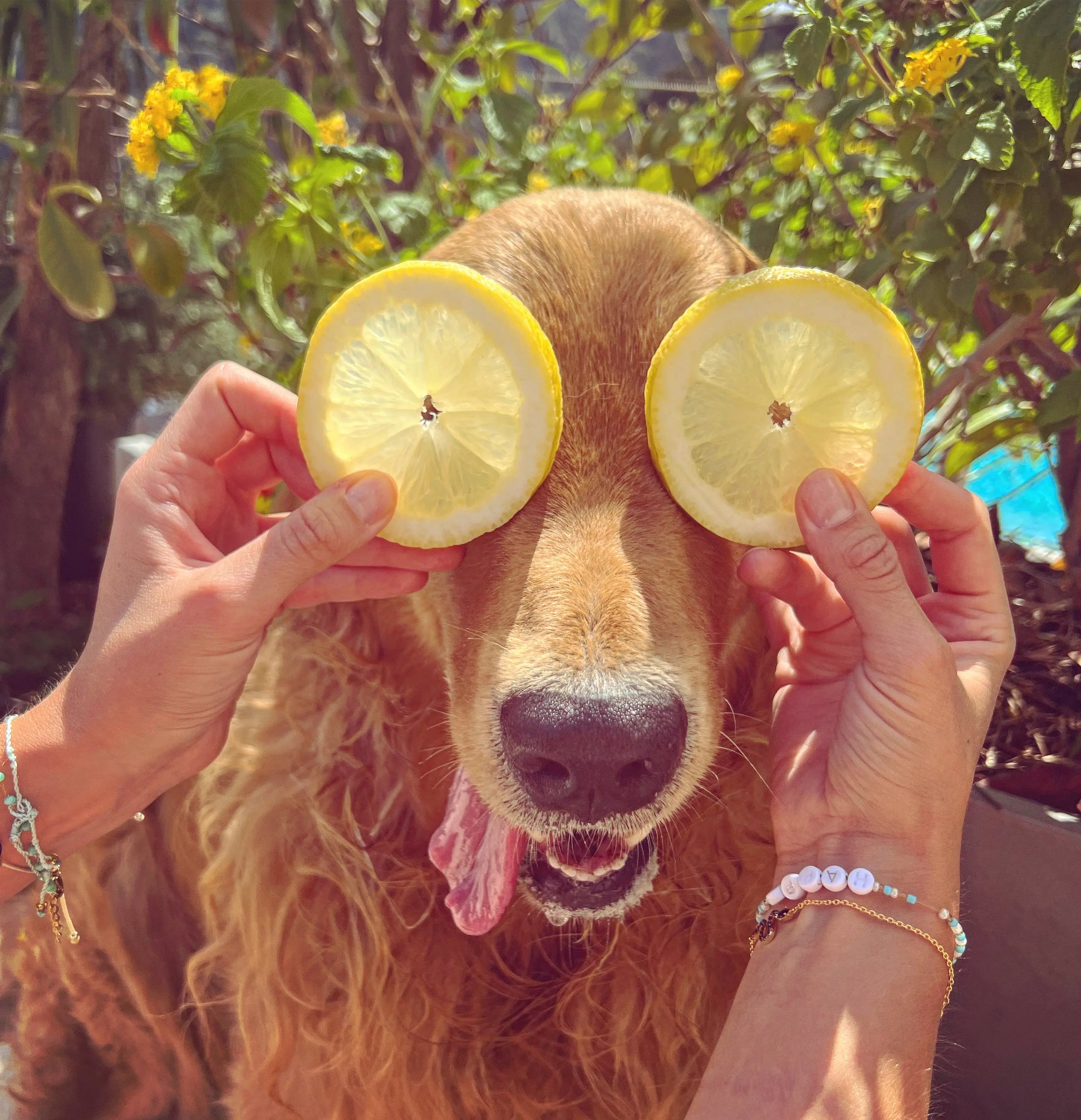What foods are dangerous for your furballs?
A number of foods are toxic to our pets, which can cause a series of problems such as vomiting, diarrhea, respiratory or urinary disorders, edema, and many others. To avoid these complications, we have drawn up a list of ingredients to avoid in their diet in order to preserve their health.
Chocolate and cocoa contain a molecule called theobromine, which is poorly assimilated by the animal body.
The fruits:
- Avocado , especially for dogs, contains persin, a fungicidal toxin that can cause digestive, cardiovascular and respiratory problems in large quantities.
- Grapes are toxic, potentially causing digestive upset and kidney failure.
- The pits and seeds contain cyanogenic glycoside, which can cause digestive problems and even intestinal obstruction.
- Walnuts, hazelnuts and especially macadamia nuts are high in phosphorus and can cause symptoms such as depression, joint problems and vomiting.
Vegetables:
- Onions, garlic, shallots, leeks and chives contain N-propyl disulfide, a toxic sulfur compound that can destroy red blood cells, leading to serious symptoms such as anemia, digestive and respiratory problems.
- Raw potatoes contain solanine, a toxin that can cause digestive and nervous system problems.
Drinks:
- Coffee and tea contain alkaloids, which can cause intestinal and heart problems.
- Alcohol is obviously to be avoided.
- Lactose is poorly tolerated by animals and can cause digestive problems.
Other foods that can also be dangerous for your pet:
- Raw fermented doughs (e.g. bread dough) can expand in the pet's stomach, causing digestive obstruction and breathing problems. Additionally, fermentation can release ethanol.
- Small bones (eg chicken bones, rabbit bones) can perforate your pet's stomach and intestines.
- Salt , in large quantities, present in particular in crisps or aperitif biscuits.
- Egg whites , containing avidin, can destroy vitamin B8, which is essential for metabolism. Egg yolks, on the other hand, can be given without any problems.
If your dog or cat shows signs of food poisoning, contact your veterinarian immediately.



